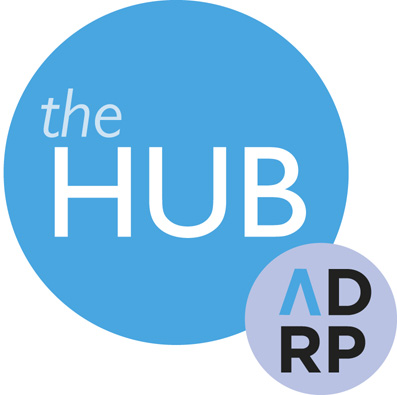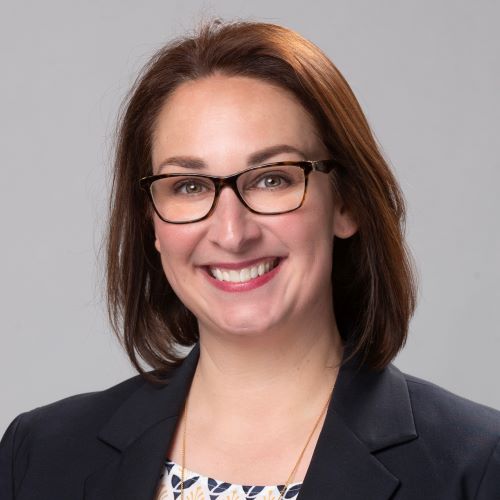 May 2020 — In Service: The Column of the ADRP President May 2020 — In Service: The Column of the ADRP President
 Michal Shaw Michal Shaw
AVP of Donor Relations
Oklahoma State University Foundation
Approximately five years ago I was thrust into a new venture and tasked with learning all I could about women’s giving. I was to assume the role of Director for our women’s philanthropy program – Women for OSU. In addition to my continued role in donor relations, assuming oversight and casting vision for Women for OSU (WOSU) has been incredibly meaningful, personally and professionally.
For WOSU, the collective focus and attention is not on any one donor but on how as a Council, together, this group of leaders can impact our institution. Today women view philanthropy not so much as “giving” but more as “investing” – investing in change, investing in the future, and investing in causes that are personally meaningful. It was during a 2012 keynote that I heard Jennifer Buffett define philanthropy as “the love of people,” and it is the love of people that propels WOSU forward. This is a group of women who love people and their community, and they DARE to DREAM and DO to make the world a better place.
Some of the things I’ve learned during my journey with WOSU include:
- Women and men are often motivated and give differently;
- In households, women are often the philanthropic decision-makers and investing in learning more about gender differences in philanthropy will impact your bottom line; and
- While women want to connect with each other, they also have a strong desire to integrate with men to tackle tough issues.
Women expand their engagement by working with peers in a way that leverages their collective force. They are STRONGER in their giving TOGETHER. Women further their impact by offering expertise, spending time with beneficiaries, and participating in leadership roles. Women instinctively find similarities and commonalities between them, and they use these values as their base. In women’s philanthropy programs, focus quickly shifts to the power of partnerships and unity. These groups understand that while collaboration may take more time, the outcome will be more sustainable, and that transformation will happen at the speed of trust.
As humans, we love stories. For as long as we have had speech, stories have been used to communicate experiences and emotions. Our stories are our trademark. They are our way to teach and to share. Women listen carefully to the stories you tell to decide if they want to get involved. They listen not just to reports, but also carefully watch for rapport. In addition to data, they want an understanding of context and connections that are making an impact and accomplishing the mission. Does your language showcase empathy and connections, in addition to facts and data? Are your stories authentic, with sincere messaging that evokes a deeper and more meaningful connection?
Studying gender differences, especially in philanthropy, is fascinating. And while no two individuals are the same and we all have unique preferences and characteristics, there are gender generalizations (say that ten times fast) that can be made. Learning more about these generalizations and paying attention to gender research by reputable sources like the Women’s Philanthropy Institute at the Lilly Family School of Philanthropy can have a tremendous impact on the success of your fundraising and stewardship initiatives. In this month’s HUB, Suzanne Bellanger does a tremendous job explaining the importance of developing unique strategies for donors identifying as male and female.
Like Suzanne, I encourage you to collaborate with others to keep learning about women and be attuned to unconscious stories or behaviors entrenched in your organization. Partner to design meaningful ways for women to be involved. Keep in mind that women want to be heard and listened to, have important networks, desire to collaborate and connect with others and look for high-impact opportunities. And, as Kathleen Loehr reminds us in her recent book, Gender Matters, never forget that women are natural marketers and will share their impact with their networks.
With gratitude,
Michal

Back to the May 2020 Hub
|